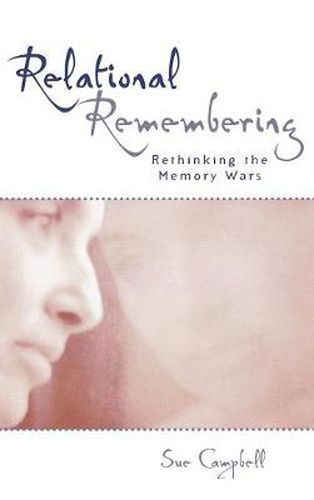Readings Newsletter
Become a Readings Member to make your shopping experience even easier.
Sign in or sign up for free!
You’re not far away from qualifying for FREE standard shipping within Australia
You’ve qualified for FREE standard shipping within Australia
The cart is loading…






This text offers a feminist philosophical analysis of contemporary public scepticism about women’s memories of past harm. It concentrates primarily on writings associated with the False Memory Syndrome Foundation (FMSF), founded in 1992 as a lobby for parents whose adult children have accused them of some abuse after a period of having not remembered it. FMSF has been identified as the group most directly responsible for encouraging what has become an unprecedented distrust of alleged victims’ memories of physical abuse. Campbell uses these false memory debates as an opportunity to explore how people may be politically undermined when their memory competencies are challenged, and how our theories of memory must change to reflect this reality. She argues that the casting of current controversies about memory as theoretical questions about the nature and reliability of mental processes and about whether we can find scientific support for recovered versus false memories, covers up and displaces what is also a public contest about the cultural status of women as rememberers and, therefore, as moral agents.
$9.00 standard shipping within Australia
FREE standard shipping within Australia for orders over $100.00
Express & International shipping calculated at checkout
This text offers a feminist philosophical analysis of contemporary public scepticism about women’s memories of past harm. It concentrates primarily on writings associated with the False Memory Syndrome Foundation (FMSF), founded in 1992 as a lobby for parents whose adult children have accused them of some abuse after a period of having not remembered it. FMSF has been identified as the group most directly responsible for encouraging what has become an unprecedented distrust of alleged victims’ memories of physical abuse. Campbell uses these false memory debates as an opportunity to explore how people may be politically undermined when their memory competencies are challenged, and how our theories of memory must change to reflect this reality. She argues that the casting of current controversies about memory as theoretical questions about the nature and reliability of mental processes and about whether we can find scientific support for recovered versus false memories, covers up and displaces what is also a public contest about the cultural status of women as rememberers and, therefore, as moral agents.